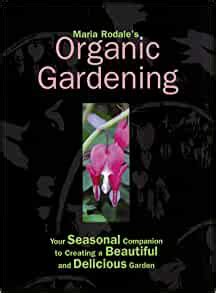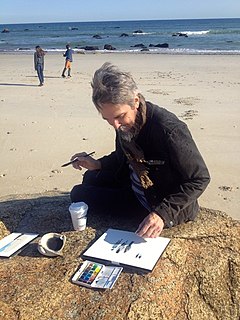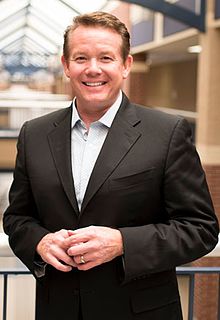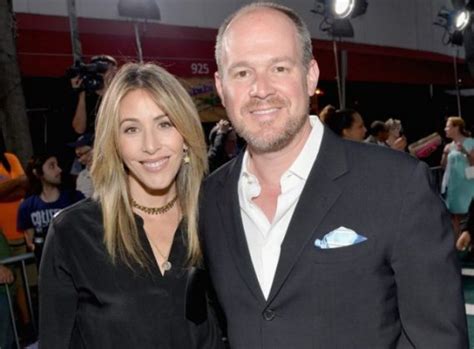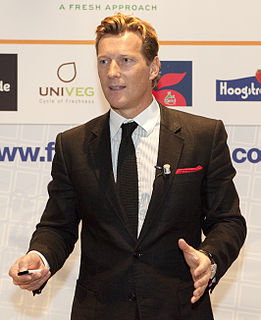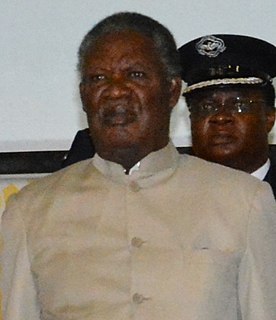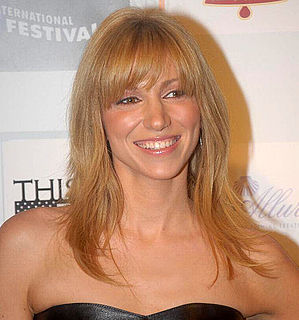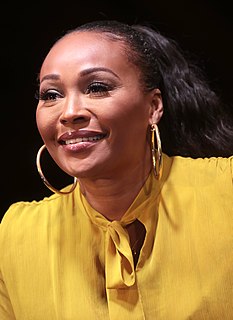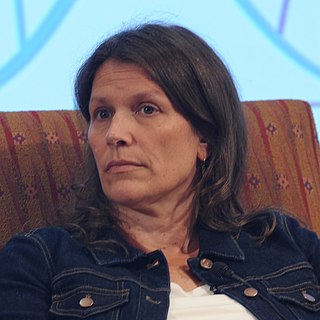A Quote by Maria Rodale
I want to create this magical moment when a kid is sitting on a parent's lap and they're reading a story together where both the kid and the parent learn.
Related Quotes
I'm always conscious of the fact that a book starts, basically, with a kid in a lap, and a parent reading to them. If I'm not at least understanding that the parent's got to be there, and the kid's got to be there, together, then I don't feel like I'm doing my job. I hope that the language or the dialogue or the way characters interact entertains parents - when I'm playing with my own kids, I'm entertaining myself too, as well as them.
The traditional paradigm of parenting has been very hierarchical, the parent knows best and very top down. Conscious parenting topples [this paradigm] on its head and creates this mutuality, this circularity where both parent and child serve each other and where in fact, perhaps, the child could be even more of a guru for the parent .... teaching the parent how the parent needs to grow, teaching the parent how to enter the present moment like only children know how to do.
A conscious parent is not one who seeks to fix her child or seek to produce or create the 'perfect' child. This is not about perfection. The conscious parent understands that is journey has been undertaken, this child has been called forth to 'raise the parent' itself. To show the parent where the parent has yet to grow. This is why we call our children into our lives.
A parent does not do everything for their kid. A parent that does everything for their kid produces a kid with no self-confidence. If our parents fixed everything for us and did not allow us to do anything on our own, or intervened every single time, we would all grow up to be completely dependent. The reason we grow up to be healthy adults is because our parents played this game of giving us responsibility, disciplining us when necessary, letting us try, letting us fail.
And if you're a parent who thinks you're okay because your kid doesn't have a phone or iPod yet, and/or you've used all the parent controls to filter out explicit material, you're not okay. The filters are tissue paper and your kid without a phone is on a school bus or in a locker room or at a public park with phone-equipped kids every day. And they're like all kids in exploring - by whatever means available to them - exactly what their parents are treating as too embarrassing or taboo to talk about.
As I would soon learn myself, cleaning up what a parent leaves behind stirs up dust, both literal and metaphorical. It dredges up memories. You feel like you're a kid again, poking around in your parents' closet, only this time there's no chance of getting in trouble, so you don't have to be so sure that everything gets put back exactly where it was before you did your poking around. Still, you hope to find something, or maybe you fear finding something, that will completely change your conception of the parent you thought you knew.
